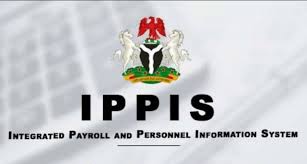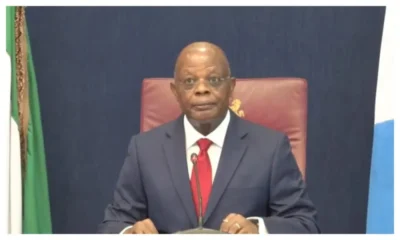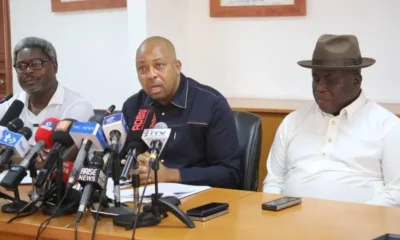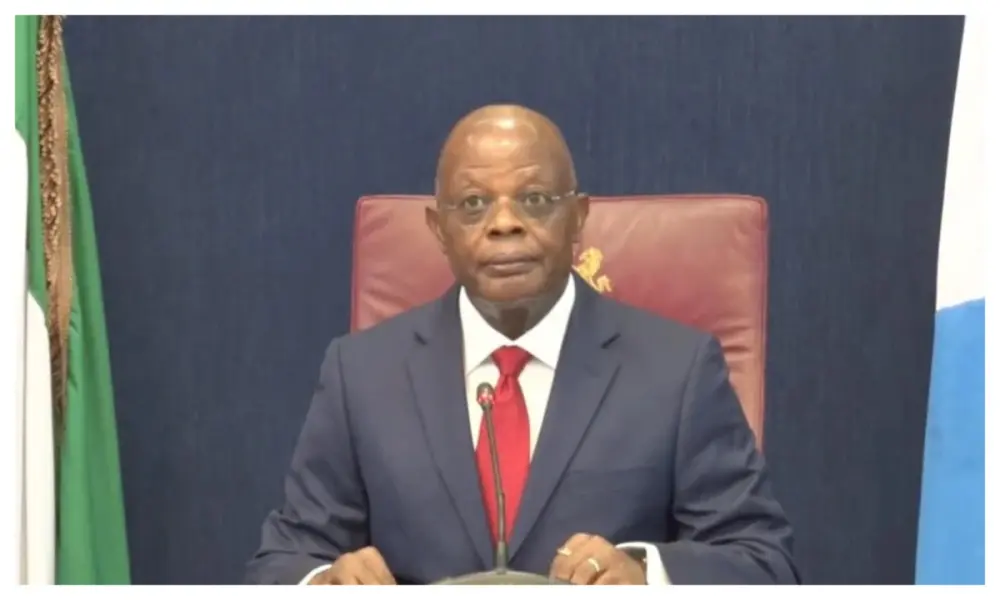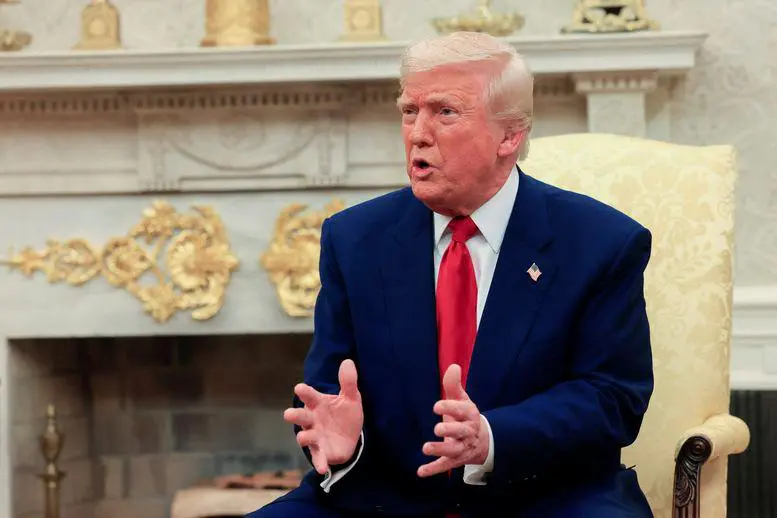A prominent legal practitioner and human rights activist, Hamza N. Dantani, Esq., has formally petitioned President Bola Ahmed Tinubu, GCFR, regarding what he has described as a “politically motivated” invitation extended to the Emir of Kano, His Royal Highness Sanusi Lamido Sanusi, Ph.D., by the Inspector General of Police.
In an open letter that strongly criticizes the police’s actions, Dantani voiced serious concerns about the summons issued to the Emir in relation to an incident during the recent Eid-el-Kabir (Sallah) celebration in Kano State. Dantani argues that the invitation is not only unfounded but also represents a direct affront to the traditional institution, warning that such actions could destabilize the peace in Kano and the wider northern region.
“It is deeply troubling that this invitation appears to be politically motivated rather than rooted in the interest of justice, fairness, or national security,” Dantani wrote. “The actions of the Inspector General of Police in this case amount to a deliberate affront not only to the person of the Emir but also to the traditional institution as a whole.”
The incident in question pertains to the cancellation of the traditional Durbah ceremony, which followed a security advisory issued by the police. In compliance with this directive, the Emir chose to participate in the celebrations by car rather than on horseback. Tragically, an aide to the Emir lost his life that day in an incident unrelated to the canceled Durbah. According to reports, the Kano State Commissioner of Police conducted an investigation and confirmed that the death had no connection to the police advisory or the Emir’s compliance.
Despite this, Dantani pointed out that the Inspector General disregarded the findings of his subordinate and summoned the Emir for questioning. This, he argued, suggests an attempt to use the security apparatus to target a traditional leader for political reasons.
“This amounts to harassment and undermines the peace-building role of traditional leaders,” Dantani warned, adding that such actions could “stir unnecessary tension, chaos, and even a breakdown of law and order in Kano State.”
Dantani cited Section 4 of the Police Act, which mandates the police to maintain law and order, condemning what he called the politicization of police duties. He called on President Tinubu to intervene in the matter.
“The conventional institution deserves to be protected, not ridiculed or undermined,” the letter emphasized.
The letter was also copied to the Senate President, the Speaker of the House of Representatives, the Police Service Commission, the National Security Adviser, the Attorney General of the Federation, and the Nigeria Police Force. Dantani urged these officials to take collective action to protect the dignity and integrity of traditional institutions.
This development comes amid rising political tensions in Kano State, following the state government’s decision to reinstate Emir Sanusi, a move that has sparked significant national debate and political interest.

 Trending6 months ago
Trending6 months ago
 Politics6 months ago
Politics6 months ago
 Politics6 months ago
Politics6 months ago
 Politics6 months ago
Politics6 months ago
